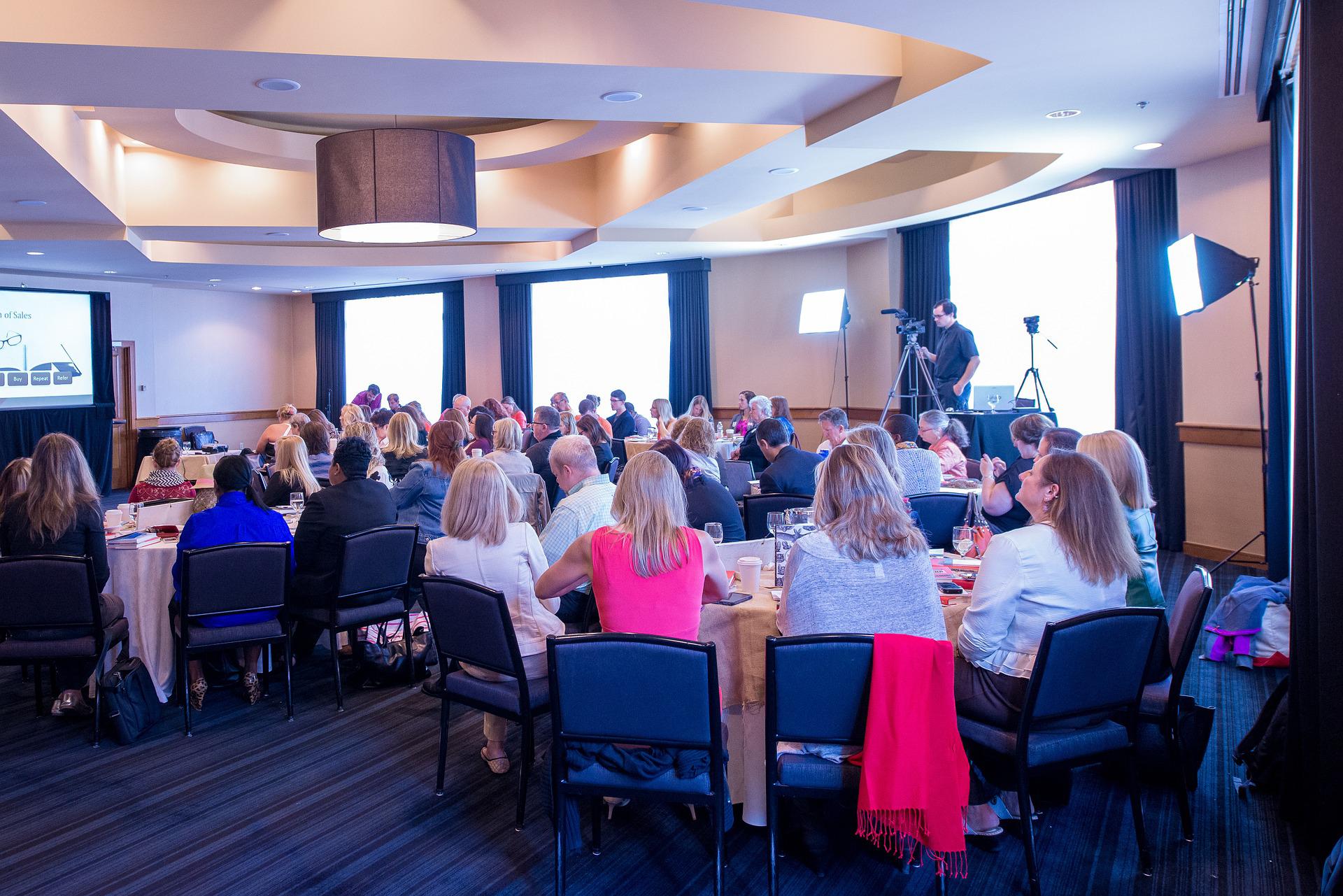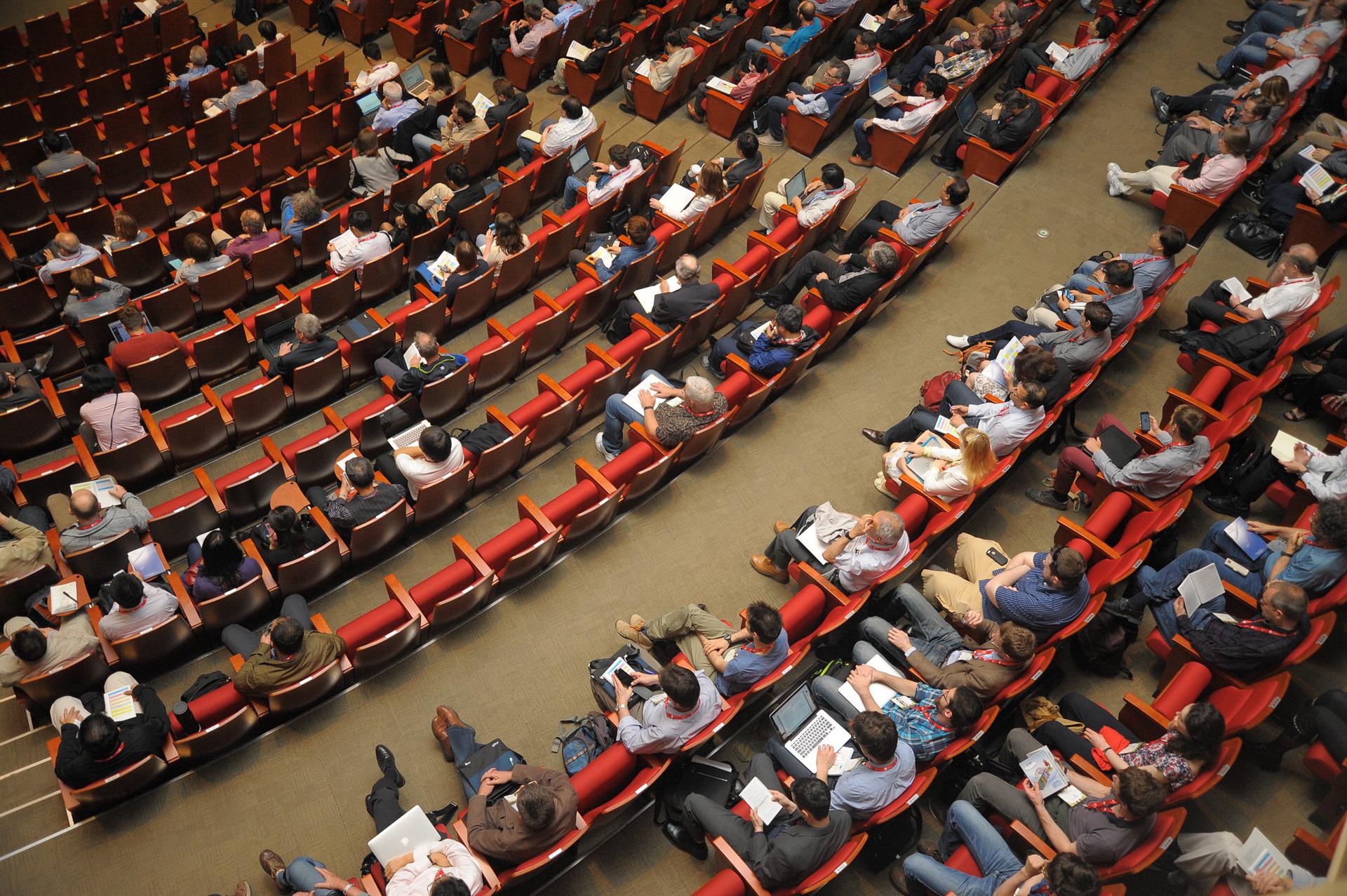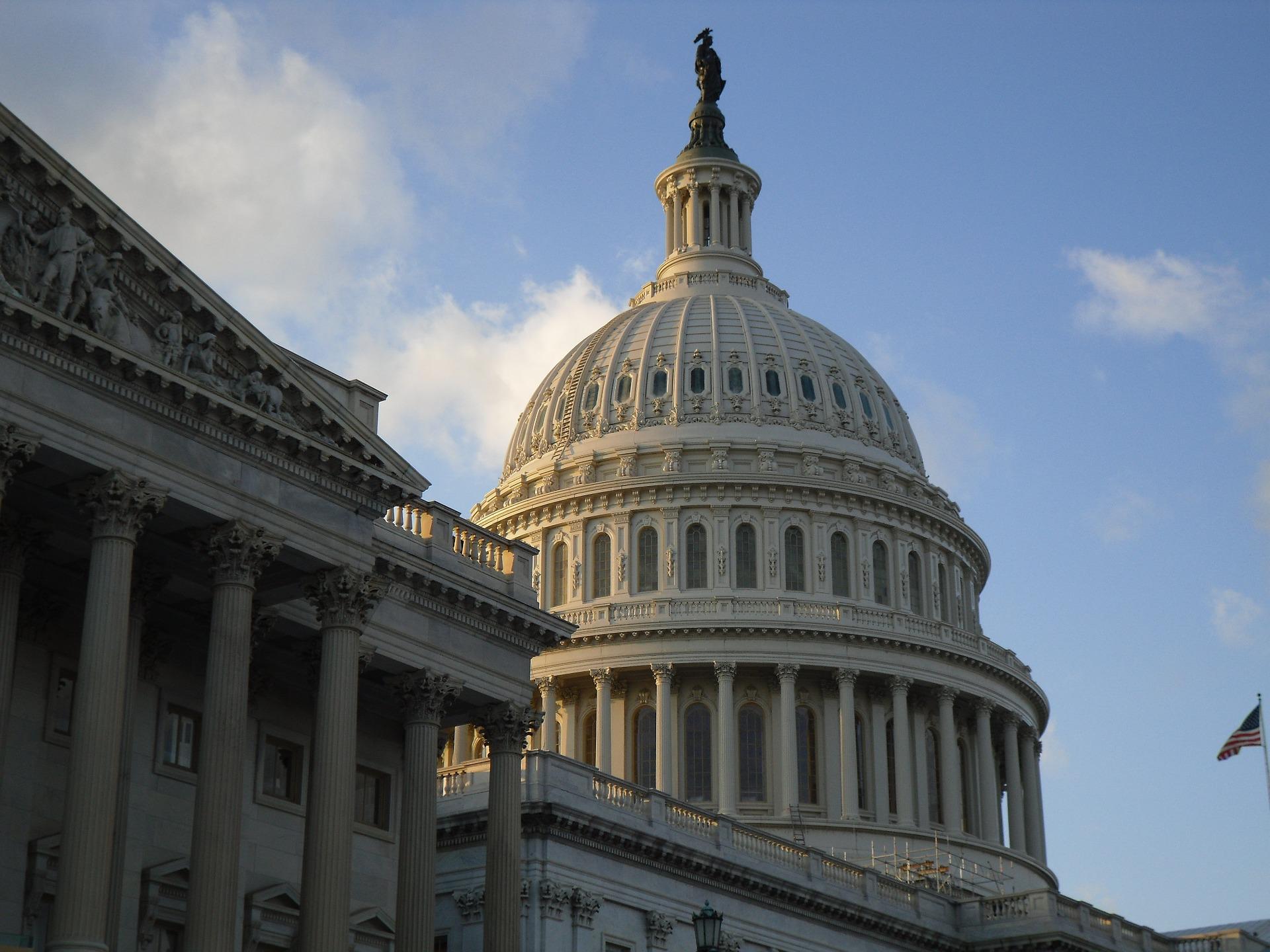Welcome to
The Circular Economy Federation
We are a consortium of trade associations and organizations that focus on the circular economy with an emphasis on asset management and disposition. We promote best-practices in design for sustainability, returns management and responsible asset disposition throughout a product’s total lifecycle.
The CEF is a 501(c)6 non-profit organization.
Membership
There are three types of members.
- Steering Council Members ?
- Affiliate Members ?
- Sponsors ?
Each member is an independent organization participating on our Steering Council. The Steering Council sponsors activities, programs and indicatives in which each organization can elect to participate.
Events
We organize three types of events:
- Certification and training events
- Conferences and exhibitions
- Public Policy Initiatives
CEF also provides aggregated services with collective buying power for member associations.
Three Levels of Involvement
Membership
Member Benefits
- Participate as voting member of CEF Steering Council
- Access to accredited certification and training platforms
- Co-located or co-hosted events
- Symbiotic support of public policy initiatives
- Cooperative buying power for goods and services
- Access to grant funding
Current Members
- Reverse Logistics Association
- E-reuse
- Repair.org
Affiliates
Affiliates are service companies oriented towards manufacturers, distributors and retailers that offer tools and outsourcing related to the circular economy. They participate in activities, programs and initiatives sponsored by the CEF. There is no formal membership requirements and Affiliates may participate in CEF committees and audit Steering Council meetings on an ad hoc basis.
Types of Affiliates
- Diagnostic equipment and software
- Call centers
- Warehousing and packing equipment or services
- Consulting and business services
- 3PL and 3PSP providers
- Recyclers
- Secondary channel companies
Sponsors
Sponsors are ...
- Manufacturers, distributors or retailers who benefit from the programs or initiatives sponsored by CEF
- Affiliates who exhibit or contribute to the programs or initiatives sponsored by CEE at more than entry level participation
- Funding sources that support CEF programs and initiatives
Current Sponsors
- GoTRG
What We Focus On

Training
Alone, many industry and trade organizations cannot afford the resources to sponsor and manage training events and accredited certifications for skills related to their focus. Collectively, such an organization can create a sustainable program of such events on a cost-effective basis The CEF, as a non-profit training coalition will sponsor and manage micro-certifications for its membership.
Courses and content can be proposed by any member of the Steering Council. Stacking Certifications can lead to management certifications. Topics can be proposed by both sponsors and affiliates with Steering Council support. Training will be provided on-line and with on-site events. On-site events including hands-on instruction and testing may occur at CEF conferences and exhibitions. The goal is to create industry standards for best-practices that advance practices relevant to the Circular Economy that are accepted by manufacturers, distributors , retailers and the general public.
The certification of companies for adhering to best practices is also envisioned.
Conferences and Exhibitions
Post pandemic business is returning to a new normal. This new era has diminished travel budgets. In the past companies would attend multiple conferences and exhibitions. Remote communications technology has improved, and companies are reducing their plans for in-person events.
Meanwhile many industry groups and organizations depend upon in-person events both for financial support and the synergy that emerges from personal contract. Most companies belong to multiple organizations and are now selective about the number of personnel they sponsor to each event.
What if these organizations co-located or even merged their events? What is there were four or five conferences occurring in the same venue at the same time? Especially if all the events were focused on the same broad subject as are CES and MHI events– in this case, the Circular Economy.: Companies could send more people who collectively could participate is a wider perspective on the issues of their concern. Cross fertilizing generates healthy growth, while reducing costs.


Public Policy
Together we can support issues with a greater voice. We can support each other’s concerns collectively and in a more cost effective manner.